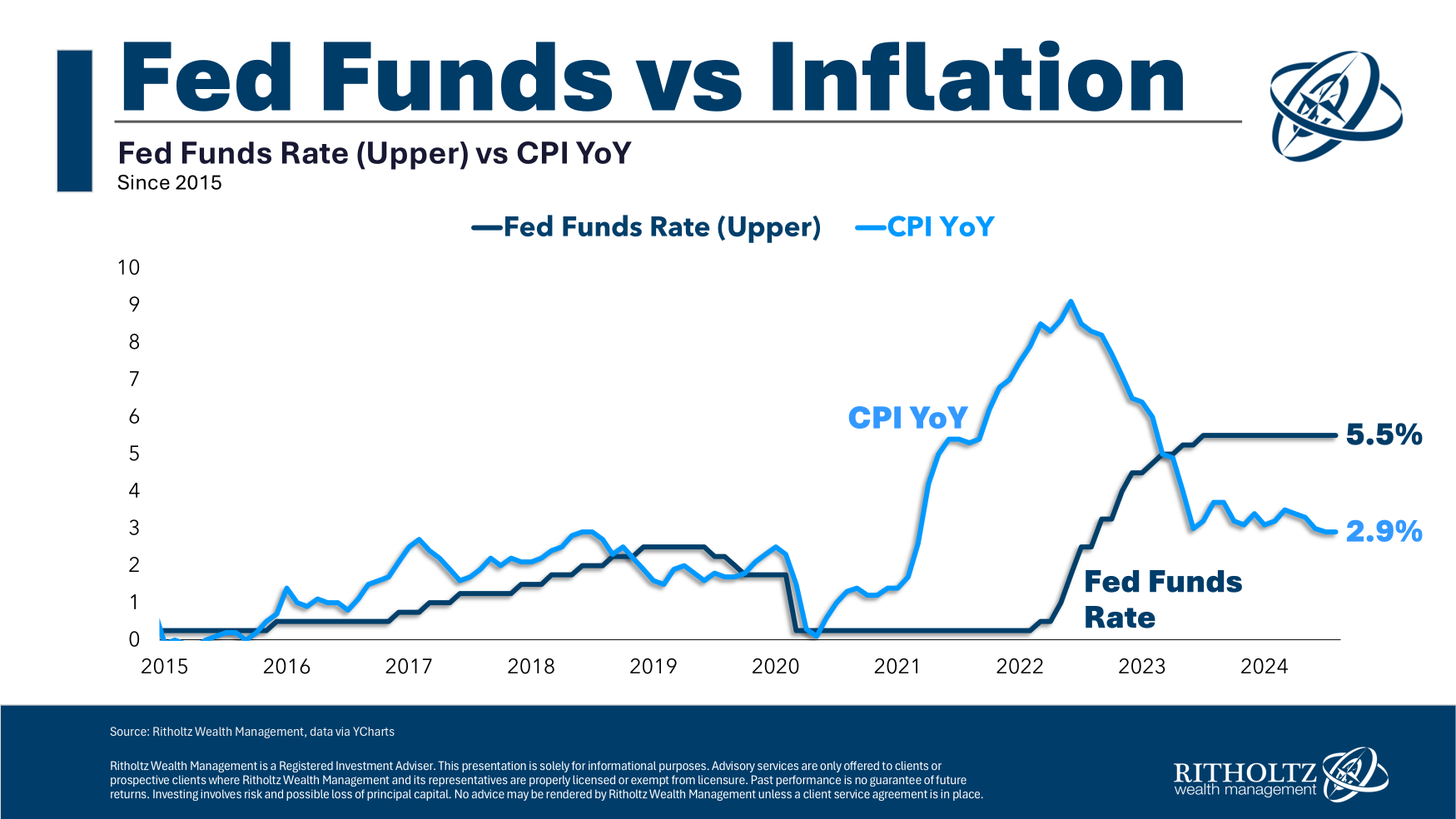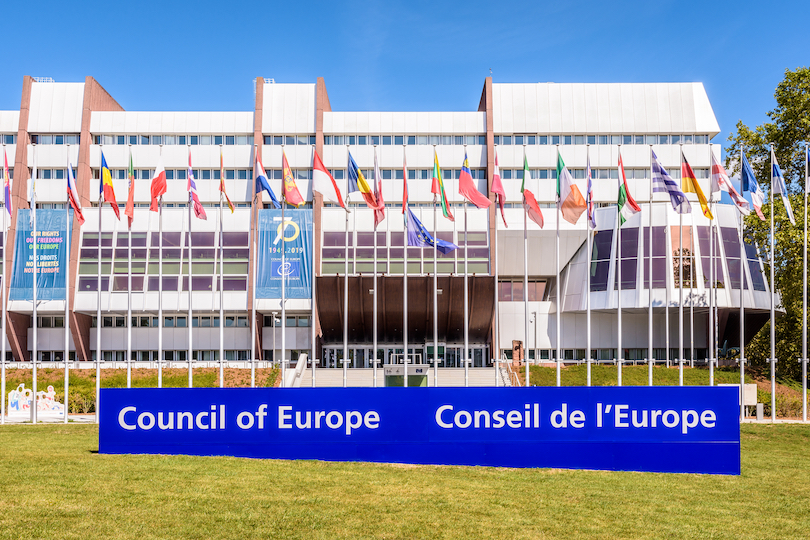Police said the victims were crushed by a large crowd pushing through a narrow street during Halloween festivities.
SEOUL, South Korea — A mass of mostly young people celebrating Halloween festivities in Seoul became trapped and crushed as the crowd surged into a narrow alley, killing at least 146 people and injuring 150 others in South Korea’s worst disaster in years.
Emergency workers and pedestrians desperately performed CPR on people lying in the streets after the crush in the capital’s leisure district of Itaewon Saturday night.
Choi Seong-beom, chief of Seoul’s Yongsan fire department, said the death toll could rise further and that an unspecified number among the injured were in critical condition.
An estimated 100,000 people had gathered in Itaewon for the country’s biggest outdoor Halloween festivities since the pandemic began. The South Korean government eased COVID-19 restrictions in recent months. Itaewon, near where the former headquarters of U.S. military forces in South Korea operated before moving out of the capital in 2018, is known for its trendy bars, clubs and restaurants.
It was not immediately clear what led the crowd to surge into the narrow downhill alley near the Hamilton Hotel, a major party spot in Seoul. One survivor said many people fell and toppled one another “like dominos” after they were being pushed by others. The survivor, surnamed Kim, said they were trapped for about an hour and a half before being rescued, as some people shouted “Help me!” and others were short of breath, according to the Seoul-based Hankyoreh newspaper.
Another survivor, named Lee Chang-kyu, said he saw about five to six men first pushed others before one or two began falling at the start of the stampede, according to the newspaper.
In an interview with news channel YTN, Hwang Min-hyeok, a visitor to Itaewon, said it was shocking to see rows of bodies near the hotel. He said emergency workers were initially overwhelmed, leaving pedestrians struggling to administer CPR to the injured lying on the streets. People wailed beside the bodies of their friends, he said.
Another survivor in his 20s said he avoided being trampled by managing to get into a bar whose door was open at the alley, Yonhap news agency reported. A woman in her 20s surnamed Park told Yonhap that she and others were standing along the side of the alley while others caught in the middle of the alley had no escape.
Choi, the fire department chief, said that bodies were being sent to hospitals or a gym, where bereaved family members could identify them. He said most of the dead and injured are in their 20s.
The last South Korean disaster this deadly also hit young people the hardest. In April 2014, 304 people, mostly high school students, died in a ferry sinking. The sinking exposed lax safety rules and regulatory failures; it was partially blamed on excessive and poorly fastened cargo and a crew poorly trained for emergency situations. Saturday’s deaths will likely draw public scrutiny of what government officials have done to improve public safety standards since the ferry disaster.
It was also Asia’s second major crushing disaster in a month. On Oct. 1, police in Indonesia fired tear gas at a soccer match, causing a crush that killed 132 people as spectators attempted to flee.
More than 1,700 response personnel from across the country were deployed to the streets to help the wounded, including about 520 firefighters, 1,100 police officers and 70 government workers. The National Fire Agency separately said in a statement that officials were still trying to determine the exact number of emergency patients.
South Korean President Yoon Suk Yeol issued a statement calling for officials to ensure swift treatment for those injured and review the safety of the festivity sites.
This was the deadliest crushing disaster in South Korean history. In 2005, 11 people were killed and around 60 others were injured at a pop concert in the southern city of Sangju.
















